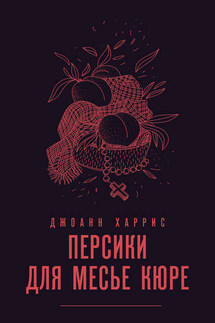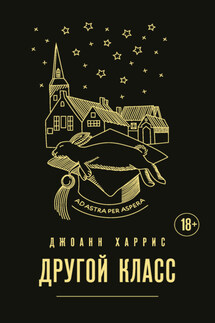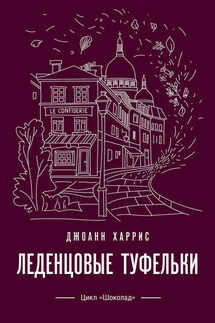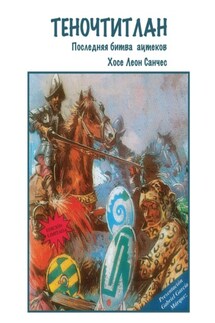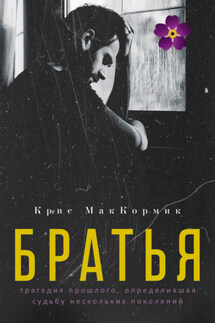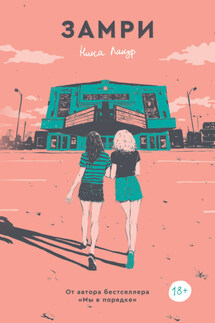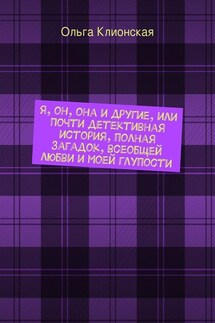Five Quarters of the Orange / Пять четвертинок апельсина - страница 30
8
I told no one about the orange but Paul-and that was because he came unexpectedly to the Lookout Post and found me gloating. He had never seen an orange before. At first he thought it was a ball. He held the fruit between his cupped hands, almost reverently, as if it might spread magical wings and fly away.
We sliced the fruit in two, holding the halves over a couple of broad leaves so that none of the juice should be lost. It was a good one, thin skinned and tart beneath its sweetness. I remember how we sucked every drop of the juice, how we rasped the flesh clear of the skin with our teeth, then sucked at what remained until our mouths were bitter and cottony. Paul made as if to throw the discarded skin from the top of the Lookout Post, but I stopped him in time.
“Give that to me,” I told him.
“Why?”
“I need it for something.”
When he had gone I carried out the last part of my plan. With my pocketknife I chopped the two halves of orange skin into tiny pieces. The scent of the oil, bitter and evocative, filled my nostrils as I worked. I chopped the two leaves we had used for plates too; their scent was faint, but they would help to keep the whole moist for a while. Then I tied the mixture into a piece of muslin (stolen from my mother’s jamming room) and secured it firmly. After that I placed the muslin bag with its fragrant contents in a tobacco tin, which I replaced in my pocket.
Everything was ready.
I would have made a good murderer. Everything was meticulously planned, the few small traces of the crime kicked over in minutes. I washed in the Loire to eliminate all traces of the scent from my mouth, face, hands, rubbing the coarse grit of the banks into my palms so that they glowed pink and raw, scouring under my fingernails with a piece of sharpened stick. On the way home through the fields I picked bunches of wild mint and rubbed them into my armpits, hands, knees, neck, so that any lingering perfume should be overwhelmed by the hot green of the fresh foliage. In any case, Mother noticed nothing when I came into the house. She was making fish stew with the scraps from the market, and I could smell the rich aroma of rosemary and garlic and tomatoes and frying oil coming from the kitchen.
Good. I touched the tobacco tin in my pocket. Very good.
I should have preferred it to be a Thursday, of course. That was when Cassis and Reinette usually went into Angers, and the day they received their pocket money. I was judged too young to have pocket money-what would I spend it on? – but I was sure I could contrive something.
Besides, I told myself, there was no telling that my plan would work at all. I had to try it first.
I hid the tin-opened, now-beneath the living-room stove. It was cold, of course, but the pipes that connected it to the hot kitchen were warm enough for my purpose. In a few minutes the contents of the muslin bag had begun to release a sharp scent.
We sat down to dinner.
The stew was good: red onions and tomatoes cooked in garlic and herbs and a cupful of white wine, the fish scraps simmering tenderly among fried potatoes and whole shallots. Fresh meat was scarce in those days but the vegetables we grew ourselves, and my mother had three dozen bottles of olive oil hidden beneath the cellar floor, along with the best of the wine. I ate hungrily.
